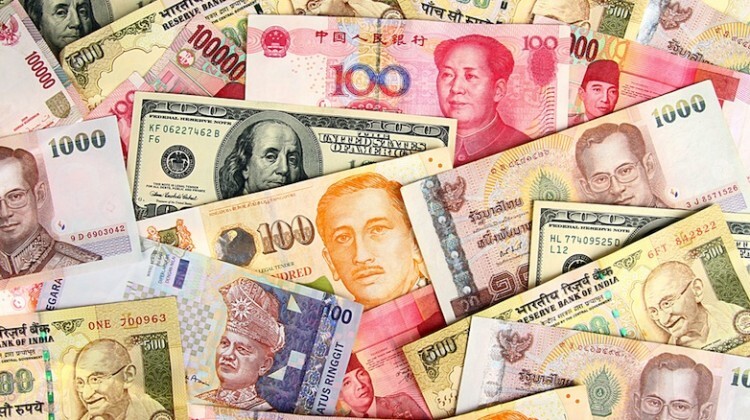this post was submitted on 22 Jul 2023
447 points (96.7% liked)
Asklemmy
44390 readers
1675 users here now
A loosely moderated place to ask open-ended questions
If your post meets the following criteria, it's welcome here!
- Open-ended question
- Not offensive: at this point, we do not have the bandwidth to moderate overtly political discussions. Assume best intent and be excellent to each other.
- Not regarding using or support for Lemmy: context, see the list of support communities and tools for finding communities below
- Not ad nauseam inducing: please make sure it is a question that would be new to most members
- An actual topic of discussion
Looking for support?
Looking for a community?
- Lemmyverse: community search
- sub.rehab: maps old subreddits to fediverse options, marks official as such
- !lemmy411@lemmy.ca: a community for finding communities
~Icon~ ~by~ ~@Double_A@discuss.tchncs.de~
founded 5 years ago
MODERATORS
you are viewing a single comment's thread
view the rest of the comments
view the rest of the comments

Let me try understand this.
Material cost or anything spent never change? We can't regret buying expensive computers in past? Everything, even if loan. Loan only default on bankruptcy, "no property ownership ban"? Do people want that?
Incentive of "profit" system. Until it backfires with overloaded money. Active income generate economy of production + money. Passive income skip production, overloaded money, inflation. Without profit system, big projects can only funded by slower tax/donations. But no one creating extra profit/inflation.
So you now get my point? Deflation happens because of good automation (slaving machine). Stopping passive income investment stops inflation. While waiting new automation, things get lesser labour and no inflation to demand additional income.
Where's the loophole in my opinion?